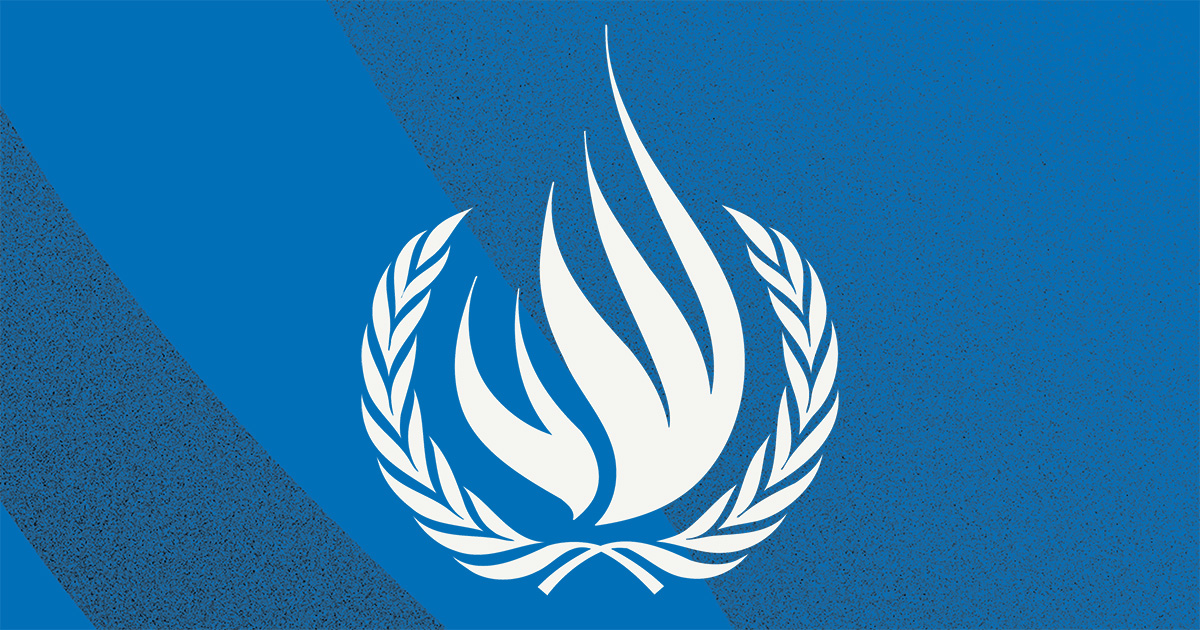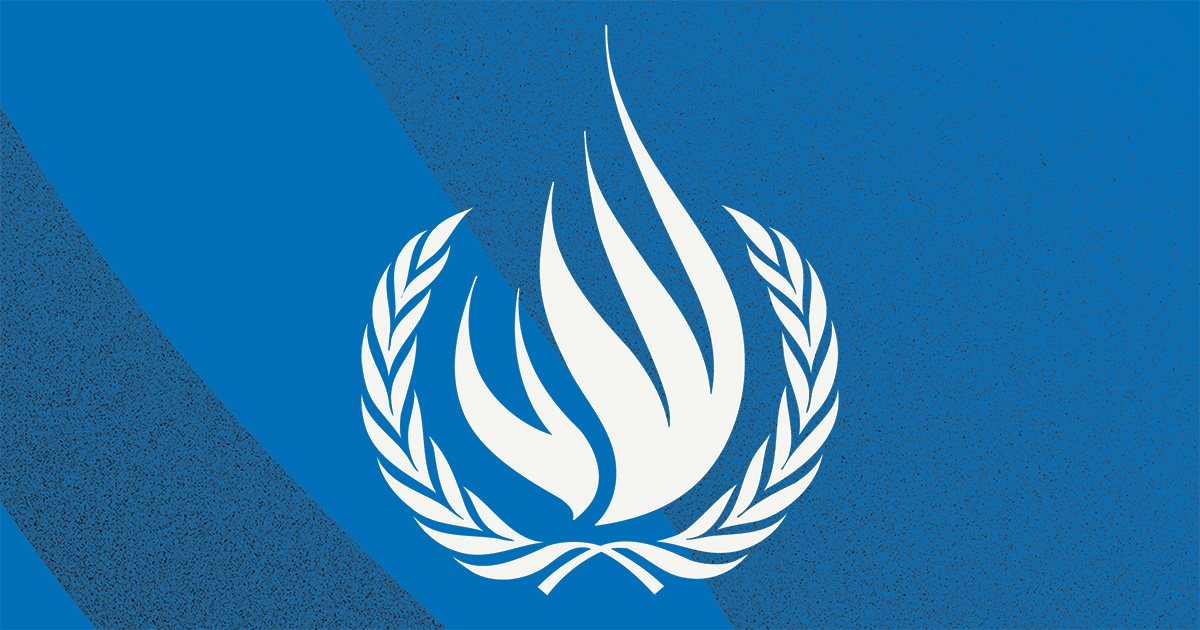
PANAMA (7 September 2023) – A UN expert today urged the Panamanian authorities to speed up the implementation of a law on albinism adopted in 2021, to provide life-saving assistance and support to people with albinism in the country.
Miti-Drummond welcomed the adoption of Law 210 as a positive initiative that should be celebrated. “The law clearly covers the critical support and protection that people with albinism need, including through medical care, reasonable accommodation, financial support and the right to be free from discrimination,” she said.
“Without rapid implementation, the law on albinism will remain a list of good intentions and promises on paper that may never be translated into action,” said Muluka-Anne Miti-Drummond, the Independent Expert on albinism, in a statement at the end of a 11-day visit to the country.
Panama’s Guna indigenous communities are reported to have one of the highest incidences of albinism in the world, with a ratio ranging from 1 to 160 and 1 to 200.
“There is a general lack of data on persons with albinism in Panama, but the occurrence of albinism in the Guna population is very high and I witnessed this first-hand during my visit to the communities of Niatupu and Rio Sidra,” the expert said.
The remoteness of Guna Yala’s 350 islands, 51 of which are inhabited and the lack of access to essential services and products such as health care and sunscreen, leaves many Gunas with albinism susceptible to skin cancer, she warned.
Miti-Drummond noted that people with albinism are not only found among the Guna, but also among different ethnic groups throughout the country. “"More data is needed, and as confirmed by the Panamanian authorities, I am confident that the next household surveys in early 2024 will be the opportunity to collect disaggregated data," she said.
“Albinism is extremely misunderstood in Panama and there are certain myths and beliefs that need to be addressed,” the expert said. She noted that while traditional Guna beliefs hold people with albinism in high regard, often calling them “children of the moon” or “children of the light”, the lived reality of people with albinism is far from positive.
Miti-Drummond said that many people with albinism she met suffered intersectional discrimination because of their skin colour, disability, sex and ethnicity, which had a negative impact on access to employment, health care and education. “Most people I met in Guna Yala end their education abruptly at grade 6 due to lack of financial support, reasonable accommodation and inability to access further education due to the islands’ remoteness,” she said.
“I also found that discrimination, bullying, exclusion and mistreatment of persons with albinism is very common, including in Guna Yala,” the expert said. “I am particularly distressed by the testimonies of bullying that caused trauma to the children with whom I spoke”.
Miti-Drummond urged the establishment of a multi-sectoral approach to include authorities and civil society organizations to tackle the challenges related to albinism. She urged all actors, including traditional leaders and community members, to work together to educate the public about albinism to effectively combat stigma, discrimination and human rights due to misunderstandings and misconceptions about the condition.
The expert offered her support and technical assistance to advance the human rights of persons with albinism in Panama. She will present her report to the Human Rights Council in March 2024.
Ms. Muluka-Anne Miti-Drummond, the Independent Expert on the enjoyment of human rights by persons with albinism, was appointed as Independent Expert on the enjoyment of human rights by persons with albinism by the Human Rights Council on 22 March 2018. Her mandate, which covers all countries, was recently renewed by Human Rights Council resolution 46/12.
The Special Rapporteurs are part of what are known as the Special Procedures of the Human Rights Council. The Special Procedures, the largest body of independent experts in the UN human rights system, is the general name for the Council"s independent investigative and monitoring mechanisms that deal with specific country situations or thematic issues in all parts of the world. Special Procedures experts work on a voluntary basis; they are not UN staff and do not receive a salary for their work. They are independent of any government or organisation and serve in their individual capacity.
For further information and media enquiries, please contact Ms. Jolene Tautakitaki (+41 22 917 9363/ jolene.tautakitaki@un.org).
For media inquiries related to other UN independent experts, please contact Maya Derouaz (maya.derouaz@un.org) or Dharisha Indraguptha (dharisha.indraguptha@un.org)
Follow news related to the UN’s independent human rights experts on Twitter @UN_SPExperts
Concerned about the world we live in?
Then stand up for someone"s rights today.
#Standup4humanrights and visit the website at
http://www.standup4humanrights.org











